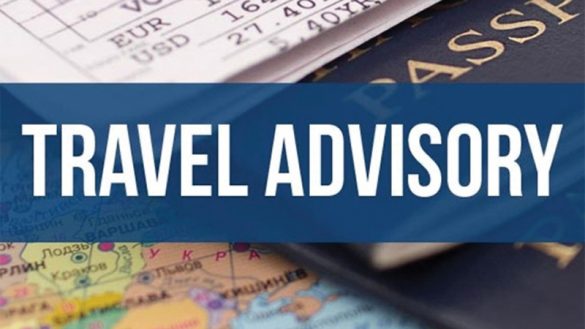
On 5 April, the UK has updated its travel advisory for Sri Lanka to no longer include mention of shortages of food, fuel and medicine.
Sri Lanka’s President’s Media Division reports notes that, “the Sri Lankan High Commission in London has consistently advocated to British authorities for the removal of negative information from previous advisories. This effort aims to ensure tourists have a clear understanding of Sri Lanka’s current progress”.
This statement comes as Sri Lanka’s security forces have expanded their involvement in the island’s tourism sector.
Economy Next reported that these iniatives will include police ensuring the safety of tourists, the air force increasing domestic flights within the island, developing marine tourism with the participation of the navy, and initiating a life-saving programme with the participation of the army.
The UK travel advisory maintains references to visible presence of the Sri Lankan military in the North and East. Although the armed conflict ended in 2009, the North-East continues to be occupied by the Sri Lankan military who have taken over many civilian functions, including the local tourism industry. The military have set up hotels, in some cases on lands owned by Tamils, and restaurants, ruining the economic livelihoods of the people living in the North-East.
Read more here.
